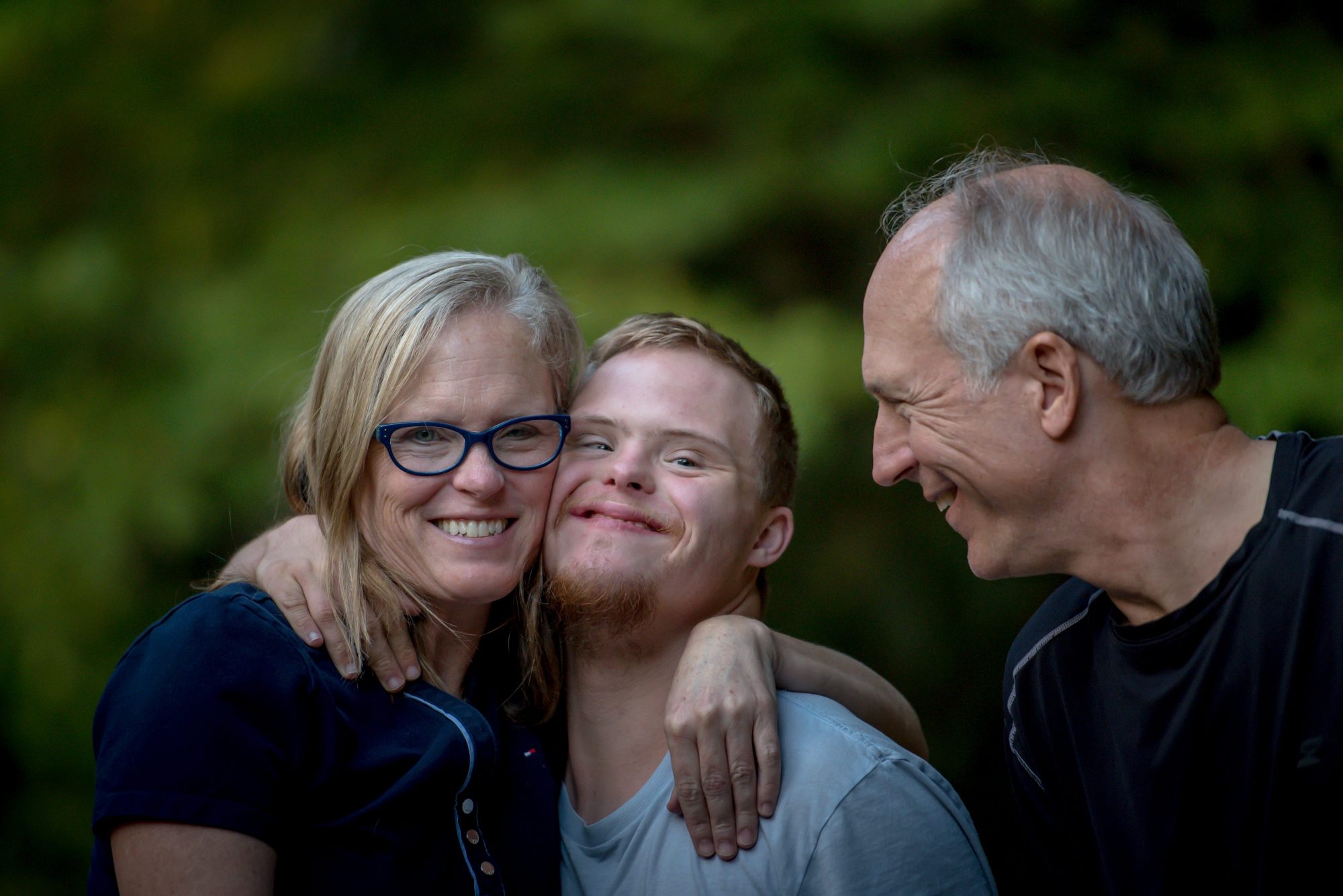Title
GP Attitudes to Early Diagnosis of Dementia: Evidence of Improvement
Principal Researchers
Alisoun Milne
Other Researchers
Eleni Hatzidimitriadou & Kate Hamilton-West
Funding Source
None
Background/Rationale
Over the last decade increasing emphasis has been placed on the value of early diagnosis of dementia for older people and their families. This has been accompanied by a focus on the actual, and potential, role of the GP in diagnosing and treating dementia at an early stage and has led to a plethora of studies exploring GP practice. Within this work, GP attitudes have received limited, although growing, attention. As it is now widely acknowledged that the GP is pivotal in facilitating early diagnosis and that attitude plays a key role in influencing practice, it is useful to explore current attitudes amongst GPs.
Aims & Objectives
In late 1997, Milne and colleagues’ conducted an exploratory study to evaluate the attitudes of a sample of GPs in East Kent towards early diagnosis of dementia (Milne et al., 2000). At that time, this issue was largely unexplored. In 2001 the Audit Commission’s Forget-me-Not review of mental health services for older people was conducted. One of the areas studied was the same area of East Kent focused on in 1997. A specific aspect of the review was exploring GP attitudes to early diagnosis. In both Studies attitudes were evaluated using the same instrument; a ‘composite indicator of attitude’ developed by Milne et al in 1998. An evaluation of changes in attitude underpinned the comparative review.
Method
Both Studies gathered the views of GP’s via a postal survey. Participants’ agreement /disagreement to five statements relating to early diagnosis of dementia was assessed using a magnitude estimate scale. They were also invited to make supplementary comments and to answer an open-ended question about services. Quantitative data were analysed using SPSS and a content analysis technique was adopted to analyse the qualitative material. Comparison analysis of the two datasets was conducted to ensure equivalence & the ‘composite indicator’ was employed to assess changes between 1997 & 2001.
Findings
Overall, findings reveal a significantly greater commitment to early diagnosis in 2001. More GPs hold positive attitudes and consider it to facilitate a number of practical and therapeutic benefits for users and carers. Further, fewer GPs regard early diagnosis as having negative consequences. Findings also support existing evidence about attitudes being underpinned by drivers and barriers. Those GPs who are committed regard it as an opportunity to offer preventive treatment and plan for the future; barriers include limited treatment options. Primary reasons for the attitudinal shift are greater accessibility of psychiatric colleagues, additional investment in support services and enhanced policy and clinical emphasis on the value of early diagnosis.
Current status and publications
Completed
Milne, A., Hamilton-West, K., and Hatzidimitriadou, E (2005) GP Attitudes to Early Diagnosis of Dementia: Evidence of Improvement?, Aging and Mental Health, 9(5) pp1-7
Lingard, J and Milne, A (2004) First Signs – Celebrating the achievements of the Dementia Advice and Support Service: a project for people in the early stages of dementia, Mental Health Foundation: London
Wilkinson, H & Milne, A (2003) Sharing a diagnosis of dementia – Learning from the Patient Perspective, Aging and Mental Health, Vol 7(4), p300-307
Milne, A & Wilkinson, H (2002) Working in Partnership with Users in Primary Care: Sharing a Diagnosis of Dementia, Managing Community Care, Vol 10, Issue 5, p19-26
Milne, A., Woolford, H., Mason, J and Hatzidimitradou, E (2000) The Early Diagnosis of Dementia by GP’s: An Exploratory Study of Attitudes, Aging and Mental Health, Vol. 4, No 4, p292-300
